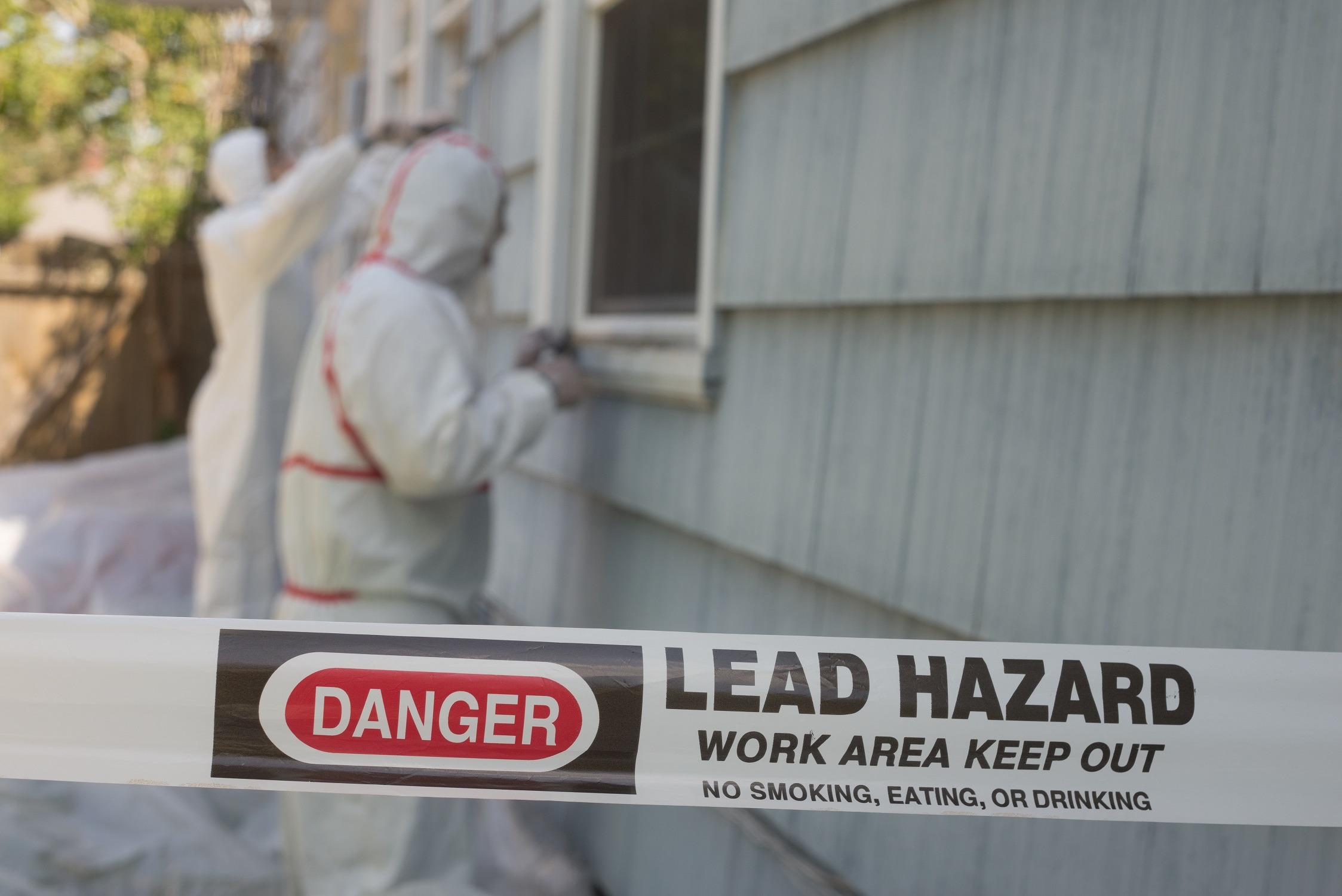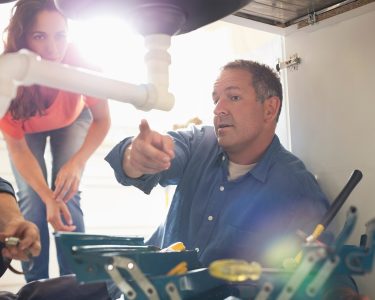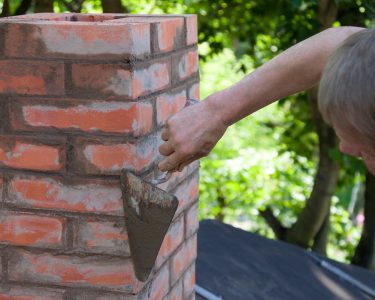Over 85% of Philadelphia housing was built before lead paint was banned in 1978, so lead dust is a particularly serious concern there, especially when it comes to interior redesign projects. Renovation projects can spread lead dust into the air, so lead dust testing is a best practice and an important safety measure for interior renovation contractors looking to provide safe, compliant services.
If you’re a contractor that wants to expand their knowledge and skills in this area, consider dust sampling tech training in Philadelphia. You can get an EPA Lead Dust Sampling Technician Certification that will train you in identifying and mitigating lead dust hazards, so your clients enjoy a safer renovation process.
The Hidden Danger of Lead Dust
Lead dust is a byproduct of disturbing surfaces coated with lead-based paint. Activities like sanding, scraping, or even drilling into walls can cause these disturbances. The dust particles are invisible to the naked eye but can easily be inhaled or ingested by anyone present in the home, and that poses serious health risks, especially to children and pregnant women. According to the U.S. Environmental Protection Agency (EPA), even small amounts of lead dust can cause serious health concerns like developmental issues, learning disabilities, and other.
As mentioned above, lead paint was banned in 1978, but over 85% of Philadephia housing units were built before then. As a result, lead dust testing in Philadelphia is almost a necessity for any interior renovation contractor or project.
The Role of Lead Dust Testing in Renovation Projects
Lead dust testing plays a crucial role in identifying lead contamination before, during, and after renovation projects. There’s a structured process that certified lead dust technicians must follow to determine the levels of lead dust in a given space, so they an evaluate whether a home is safe to live in after a renovation project.
Even minor disturbances to painted surfaces can release lead dust during renovation. For example, drilling a single hole in a wall painted with lead-based paint can scatter lead particles throughout the room. This results in lead dust testing being a necessary part of keeping client’s homes safe during and after renovation projects.
Finishing an EPA lead dust technician training for renovation contractors’ program can give you the skills you need to perform accurate lead dust assessments, conduct clearance testing, and stay in compliance with federal safety standards.
EPA Lead Dust Sampling Certification: A Vital Tool for Contractors
Given the prevalence of pre-1978 homes in Philadelphia, there’s a lot of demand for certified lead dust testing. You can capitalize on this demand when you pursue an EPA Lead Dust Sampling Technician Certification. It’ll give you the knowledge and tools you need to safely handle lead-contaminated environments, assess lead dust levels, and implement proper cleanup methods.
The certification includes training in:
- How to safely collect dust samples from floors, window sills, and other surfaces
- Proper testing methods to determine if lead dust levels exceed the EPA’s allowable limits
- Best practices for controlling and containing lead dust during renovation work
You can help clients comply with local, state, and federal regulations as well as make sure their homes are safe to live in when you offer certified lead dust testing services. When you do this somewhere like Philadelphia, you’ll see tons of business due to the percentage of pre-1978 housing.
Philadelphia’s Unique Lead Safety Requirements
In cities like Philadelphia, the need for Philadelphia lead-safe certification has never been higher. Lead dust testing is not just a legal requirement in certain cases but also an ethical obligation for contractors who care about the health and well-being of their clients.
There’s also a Philadelphia Lead Paint Disclosure and Certification Law that requires landlords to test for lead dust and provide lead-safe certification in certain rental properties. You can take advantage of this by helping landlords comply with these laws.
Investing in Philadelphia lead safety training for interior contractors expands your skillset and gives you a competitive advantage in a city with stringent lead safety requirements.
How Lead Dust Testing Enhances Client Confidence
Offering lead dust testing services gives you a serious competitive advantage in the Philadelphia market. Homeowners and property managers alike are aware of the risks posed by lead exposure are more likely to hire contractors who can help them alleviate those risks.
When you get an EPA lead dust sampling certification, you reassure clients that you’re skilled in renovation work and committed to safeguarding their health. This certification demonstrates that you can accurately assess lead dust levels, perform necessary remediation, and meet all regulatory requirements.
In addition, how to conduct lead dust sampling in older homes is a valuable skill set if you work frequently with older properties. Being able to perform lead dust sampling gives you another vital service to offer your clients, making sure their homes are safe both during and after the renovation.
Ensuring Interior Renovation Lead Safety
Lead dust sampling is an essential component of any renovation project, particularly in cities like Philadelphia, where older homes are prevalent. If you want to expand your services and better protect your clients, obtaining the EPA Lead Dust Sampling Technician Certification. This certification lets you provide thorough and accurate lead dust testing, ensuring that homes remain safe and compliant with all relevant regulations.
As the demand for dust sampling tech training in Philadelphia grows, contractors who invest in their education and certification will be better positioned to serve their clients, protect their health, and grow their business. By prioritizing interior renovation lead safety. You can can deliver safer, more effective renovation services that meet both legal and ethical standards.





